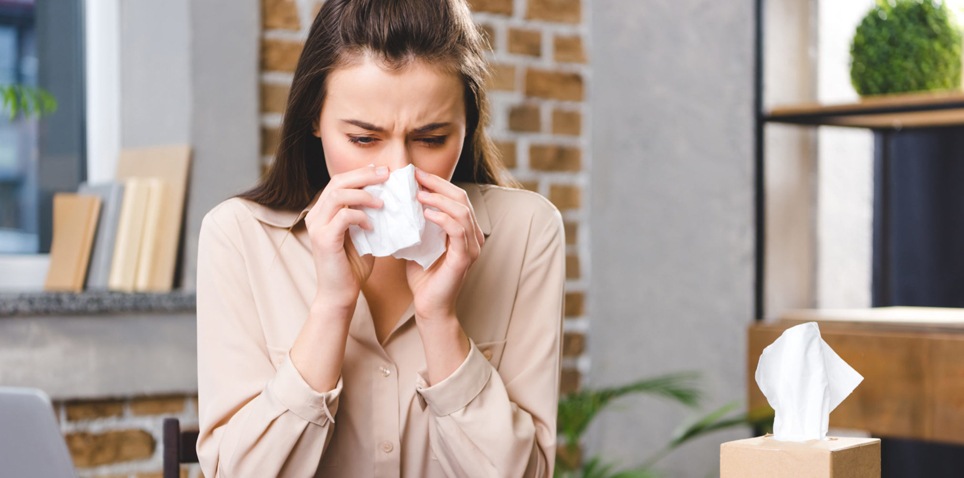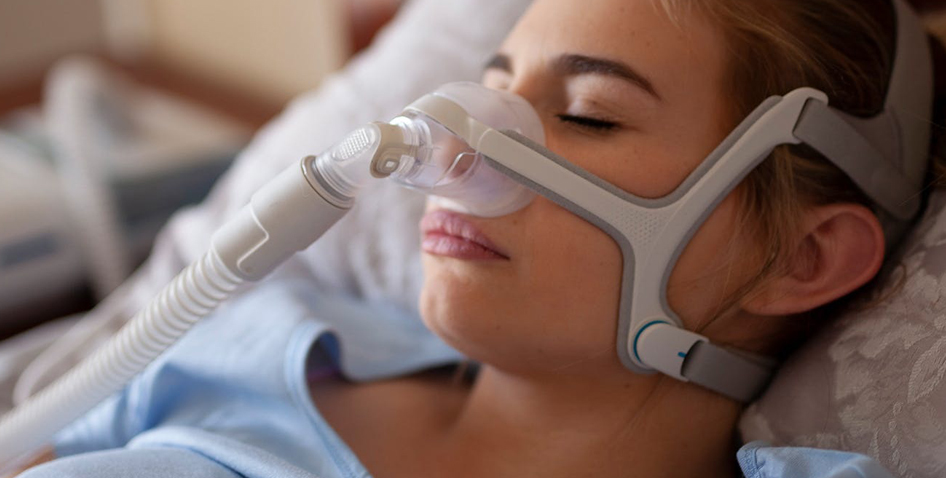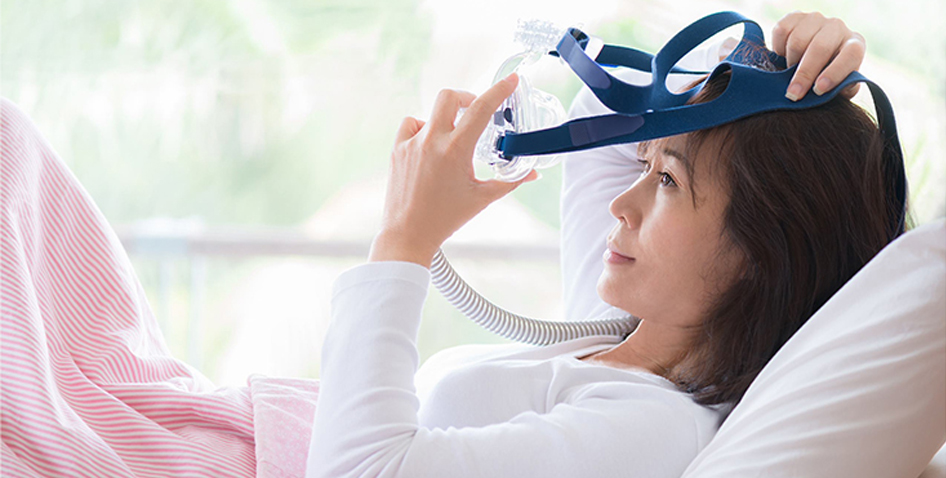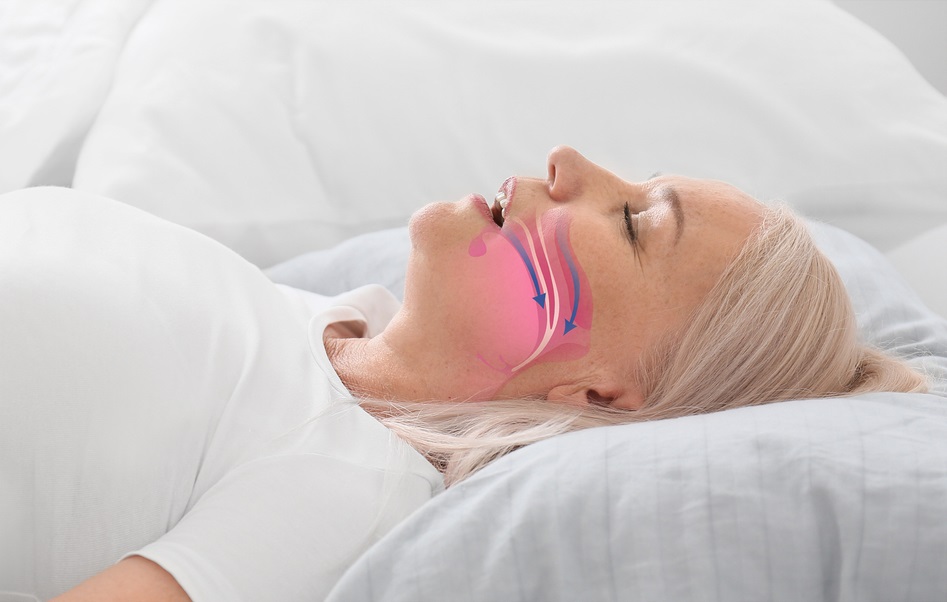Allergies cause sleep apnea. But the nasal congestion that is due to seasonal allergies leads to more frequent obstructions and longer breath pauses if someone has sleep apnea. Allergies create nasal congestion and nasal congestion can dry out your mouth and block the breathing airways. Therefore, allergies and sleep apnea might be connected if ongoing allergic reactions are interrupting your sleep regularly.
Many associated symptoms are the same when it comes to sleep apnea and allergies. Like daytime sleepiness, reduced memory and attention, feeling cranky, or headache, and snoring throughout the night. So the question arises: do allergies cause sleep apnea? Sometimes for those who suffer from sleep breathing disorders like sleep apnea, allergies can cause even more complications, as they tend to exacerbate snoring.
Impact of Allergies On Breathing
Allergies cause nasal congestion that makes it more difficult to breathe at night. This nasal congestion from seasonal allergies causes more frequent and longer apneas than usual. More frequent apnea is exactly what sleep apnea patients want to avoid at all costs. So how can sleep apnea patients mitigate allergy to reduce its impact on sleep apnea?
Sleep Disturbances caused by Allergies
All aspects of sleep are affected by allergies. Individuals with allergic are more likely to suffer from sleep issues, like
- Trouble falling asleep
- Insomnia
- Trouble staying asleep
- Short sleep
- Increase in snoring
- Increased risk of sleep apnea
- Poor sleep efficiency
The problems do not end even during the day. You are more likely to have trouble waking up, have morning headaches, and experience daytime fatigue, and sinus pain. Difficulty in sleeping for most people with allergies may develop into more serious health issues, such as restless sleep, bedwetting, snoring, obstructive sleep apnea, and other forms of sleep-disordered sleeping. The connection between allergies causing or worsening sleep apnea is of major concern.
Soothe Allergies
Here is the list of a few things that you can do to reduce allergy reactions
- Wash and change your pillowcase often and invest in the hypoallergenic pillow.
- If you share a bed with your pet then wipe them down.
- Bring a humidifier and air purifier to your home. The air purifier will clean the air while the humidifier will add moisture to the air.
- Add allergy medication to your routine after consulting with your physician.
- After coming home from outside for an extended period take a shower or wipe yourself down. Showering before sleeping will also ensure that you are not bringing any pollutants to bed with you.
- Do vacuuming and dusting more consistently as allergens easily accumulate on carpets, furniture, and rugs.
Just to clarify here that by treating the allergies you got, you are just lessening the impact they will have on your sleeping disorder. Thus, treating allergies is not the same as treating your sleep apnea. However, sometimes allergies cause sleep apnea so you can control it by controlling allergies from getting worse.
Sleep and Breathe Better
There are ways to lessen the impact sleep apnea and snoring have on your life just like allergies. If you continue to struggle with your sleep even after controlling allergies then it’s time to seek professional help. It is advisable to talk to your doctor or a sleep therapist about all the possible solutions.




